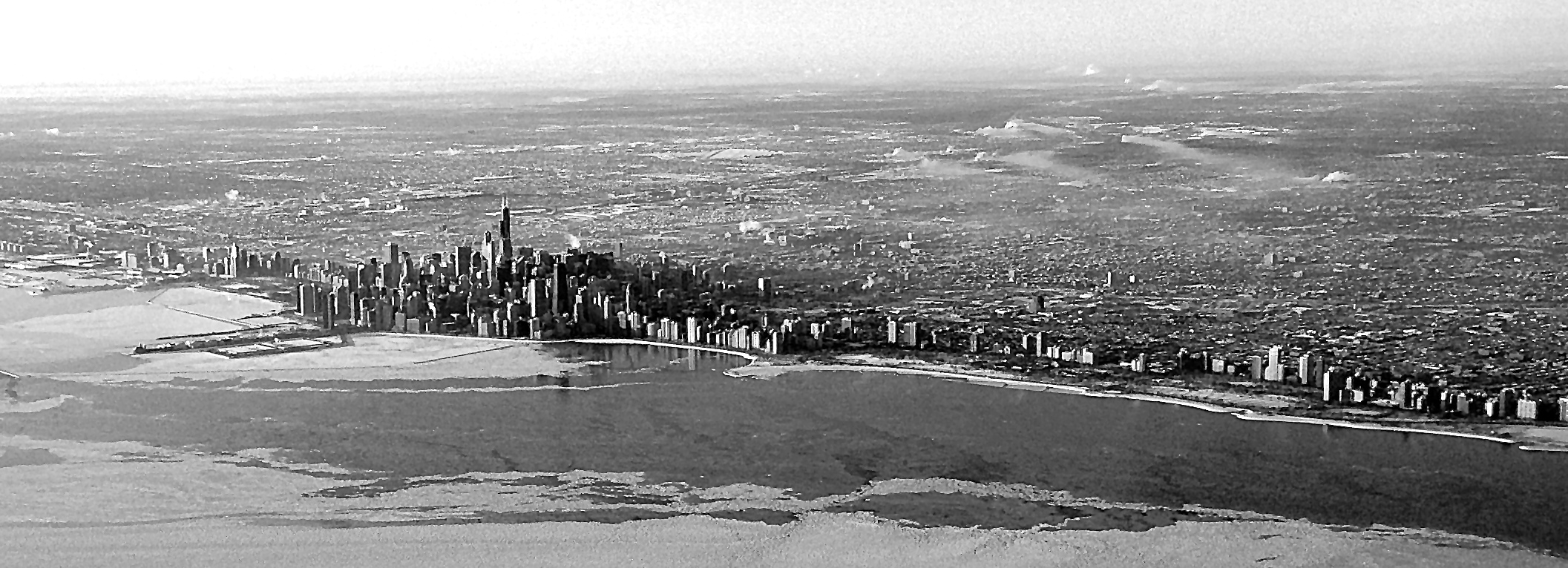The Flesh—Surrendered—Cancelled—
On August 24, 2014, Dr. Jerry Umanos, a Chicago pediatrician who worked at Lawndale and later continued to provide health care in Afghanistan, was killed in the hospital he was working at in Kabul.

Departed—to the Judgment—
A Mighty—Afternoon—
Great clouds—like Ushers—leaning—
Creation—looking on—The Flesh—Surrendered—Cancelled—
The Bodiless—begun—
Two Worlds—like Audiences—disperse—
And leave the Soul—alone—– Emily Dickinson
What you sow does not come to life unless it dies.
When you sow, you do not plant the body that will be,
but just a seed, perhaps of wheat or of something else…So will it be with the resurrection of the dead.
The body that is sown is perishable, it is raised imperishable;
it is sown in dishonor, it is raised in glory;
it is sown in weakness, it is raised in power;
it is sown a natural body, it is raised a spiritual body…Listen, I tell you a mystery:
We will not all sleep, but we will all be changed—
in a flash, in the twinkling of an eye, at the last trumpet…
Although I have never personally met Dr. Umanos, I spent one month during my fourth year of medical school working at Lawndale Christian Health Center in Chicago. Lawndale is a FQHC focused on community health and providing jobs for the underserved west-side. I enjoyed the rotation because it was so different than my previous rotations— people there worked with a mission that was much more than medicine. They wanted to provide affordable and quality health care but also build the community up. Despite medical illiteracy, intermittent visits, social conditions, and cultural frustrations there was a permeating aroma in the air— hope, life, and joy lingered as people worked. These doctors, nurses, secretaries, and staff weren’t just “doing” their jobs, but were “healing” their brothers and sisters who were sick.
Hearing the news of his death on NPR and later in the Chicago Tribune made me sad because of the loss of such a passionate and humble man in terrible circumstances. According to the Lawndale press release, Dr. Umanos was one of the first doctors to start Lawndale and continued working there for 25 years until he decided to work in Afghanistan. There, he worked for nearly a decade at CURE International Hospital, caring for patients and training doctors (there are only 2 medical residencies in Afghanistan).
§
Death is sometimes senseless. It takes the best of us and spares the worst. It’s passionate and yet at times indifferent. As I reflect on this doctor’s death, I am reminded of a particular poem by Emily Dickinson that is breathless and beautiful. Dickinson paints death as the end of a musical performance in a grande hall. The audience is ushered out, everyone lines out, and the performer is figuratively left behind by the rest of the world. Paradoxically, “Creation” is the audience of the narrator’s death. The loneliness of death is appropriate yet ironic, carthartic yet unsatisfying.
In the same meditation, these verses from the bible came to mind. I love how we are compared to a seed that must die in order to grow. In death, we “clothe” our mortality with immortality, our perishable with imperishable. There is a splendor in life and a splendor in death. There is a glory in life but a sublime glory in death. It is only at the end of our performance do we receive the applause and glory. Dickinson’s words and these bible verses describe death through paradoxes to help us understand death as a sublime transformation.
§
Dr. Umanos’ death is horrifying and tragic, beautiful and painful, and mysterious. As I meditate on his life and the work that is happening in Lawndale and in many other places in the Chicago, I am reminded of the “death” we carry in ourselves when we love and serve others. How many sacrifices has he made in his personal life? How many trials and tibulations, persecutions and abandonments, has he prayed through and suffered through? Something tells me that this “death” was not his first for it was once written “We always carry around in our body the death of Jesus, so that the life of Jesus may also be revealed in our body.” (2 Cor 4: 10)
Thank God that there is hope to something more than nothing after death— there is life, glory, and victory.
Where, O death, is your victory?
Where, O death, is your sting?
Leave a Reply